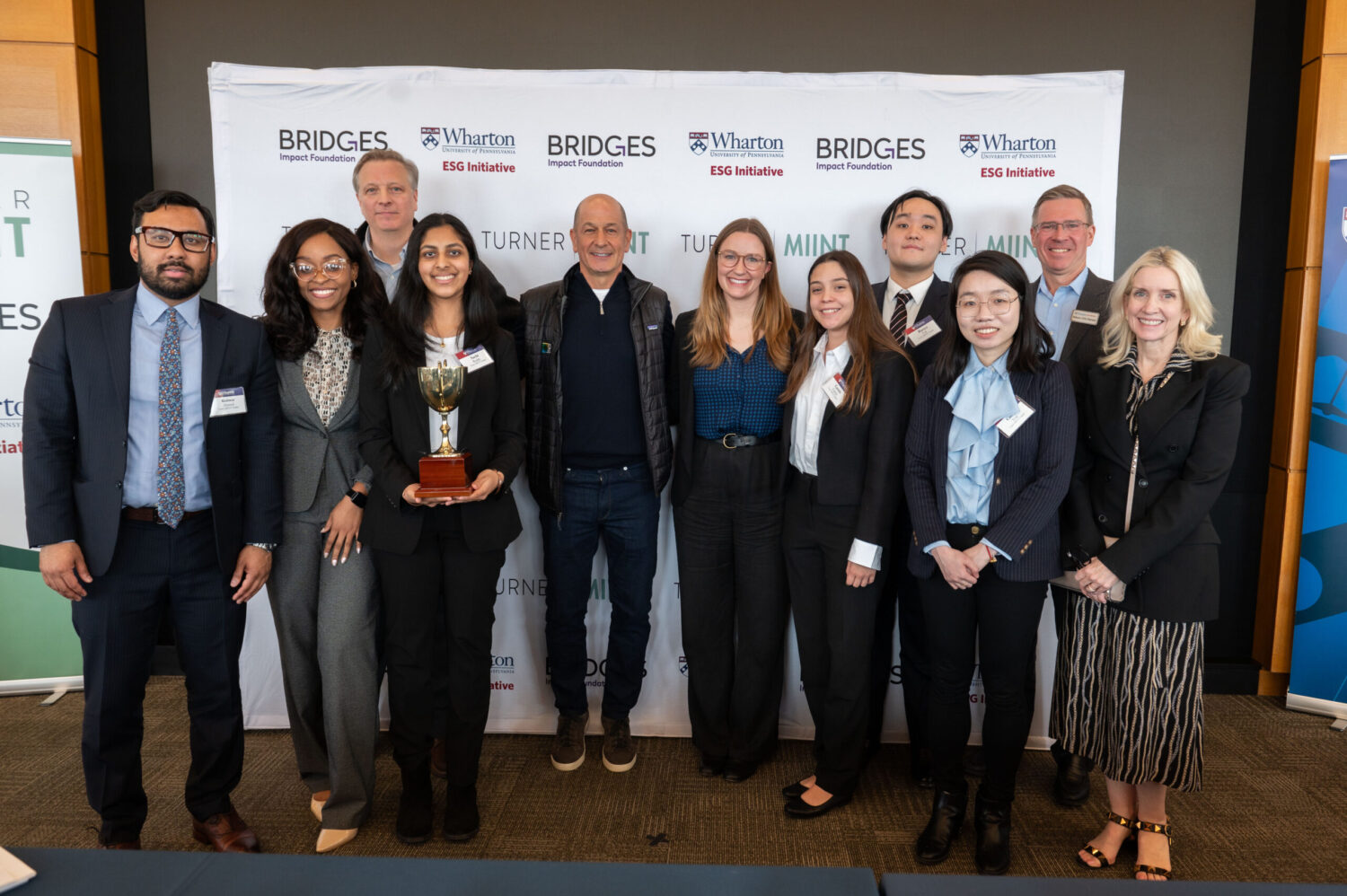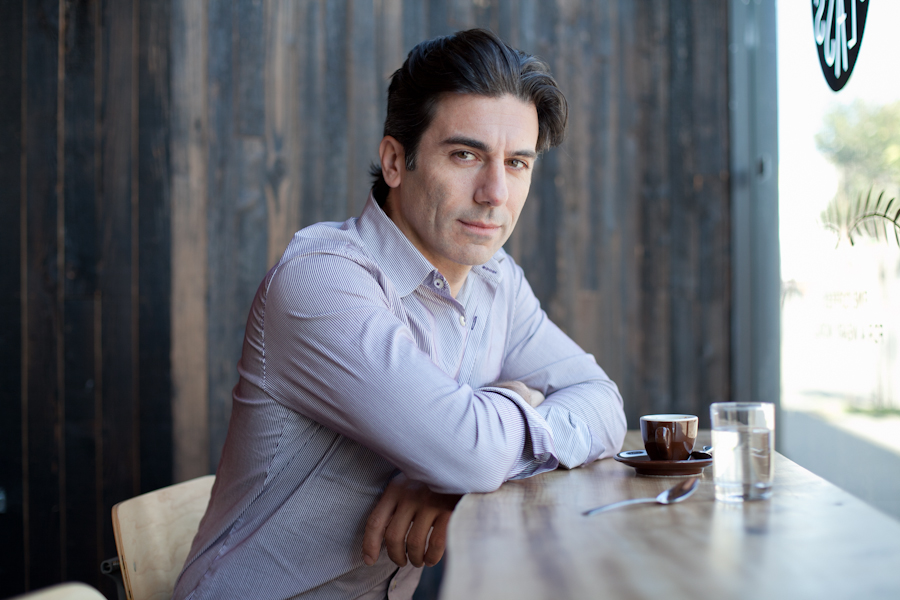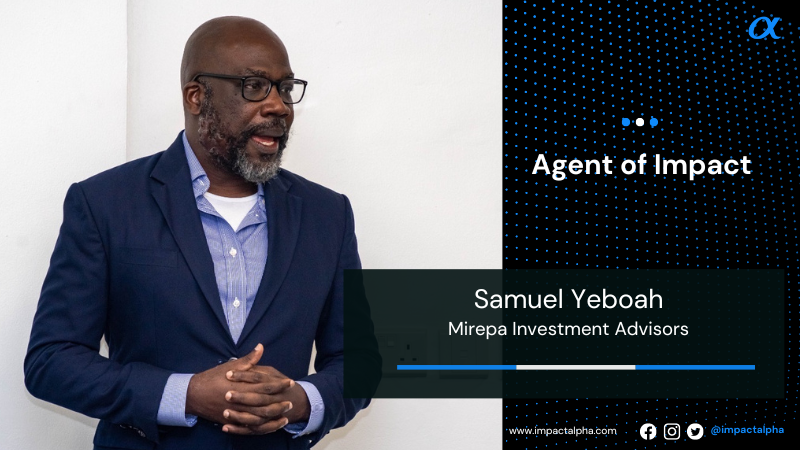ImpactAlpha, July 30 – This is what an impact investing career path looks like. McCluskey was working at UBS, first in investment banking and then in wealth management, when the Great Financial Crisis wiped out nearly $10 trillion in household wealth. “I got to see firsthand how fragile our financial institutions were and how vulnerable so many Americans were during that time,” McCluskey told ImpactAlpha. She went to University of Michigan’s Ross School of Business to figure out “how I could integrate impact into capitalism.”
McCluskey joined Chicago-based Impact Engine and helped it grow from an accelerator for social impact startups into a venture capital and private equity firm now managing $63 million in assets. Now, McCluskey has been tapped to head the CMFG Ventures’ Discovery Fund, a $15 million open-ended vehicle that will provide venture funding for early-stage under-represented fintech startups, especially those led by women and founders of color.
The 36-year-old native of Washington, D.C. says her experience at Impact Engine taught her to always ask, “How do I have the most positive impact with the dollars that I’m helping to deploy?” Every dollar has an impact, she says. “It’s just about being intentional about that impact.”
CMGF Ventures is the venture arm of CUNA Mutual Group, a $4 billion broad financial services company that works with U.S. credit unions and other financial institutions. The Discovery Fund will deploy an average $500,000 to invest in an initial pool of 15 to 30 companies. It will also make follow-on investments. Investments in the fund include Black-led AI-powered mortgage advisory startup Home Lending Pal, emergency lending app Line, and woman-led Pulsate, which offers digital banking tools for banks and credit unions and their customers.
McCluskey’s goal is to help increase the representation of women entrepreneurs and founders of color in the fintech ecosystem. “I’m looking for companies that are producing products and services that are actually improving the lives and financial health of everyday Americans, particularly low and moderate income consumers and those who have been underserved by the traditional financial system.”











